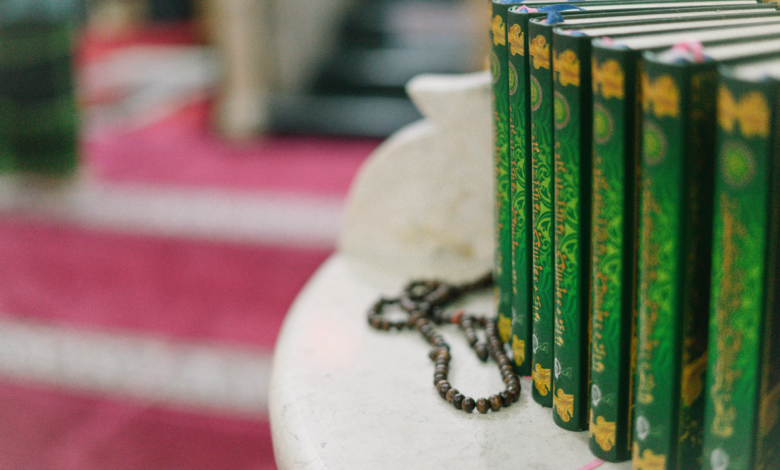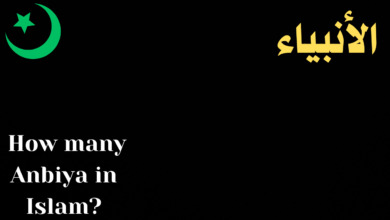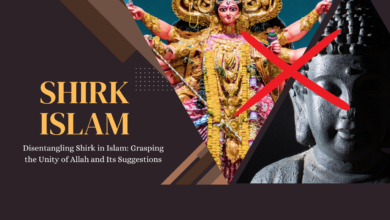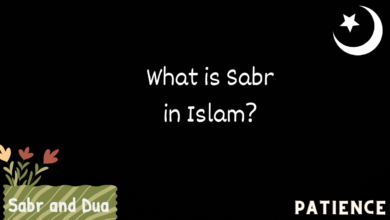
People of the book Islam
The People of the Book, or “Ahl al-Kitab” in Arabic, refer to the religious communities that received divine scriptures from God according to Islamic tradition. This primarily includes Jews and Christians.

Introduction
Islam, one of the world’s major religions, has a profound respect for other Abrahamic faiths, namely Judaism and Christianity. Within the Islamic tradition, Jews and Christians are referred to as “People of the Book” (Ahl al-Kitab in Arabic). This term signifies the shared monotheistic heritage and recognition of divine scriptures among these three religions. Understanding the concept of People of the Book in Islam is crucial for fostering interfaith dialogue, promoting religious tolerance, and appreciating the diversity within the global Muslim community.
A Shared Monotheistic Heritage
At the heart of the People of the Book concept in Islam is the belief in the same God, who is often referred to as Allah in Arabic. Muslims, Jews, and Christians all adhere to monotheism, emphasizing the absolute oneness of God. This shared belief serves as a unifying factor among these religions, fostering a sense of commonality in the spiritual landscape.
The Divine Scriptures
The People of the Book in Islam are characterized by their possession of divine scriptures. For Jews, it is the Torah; for Christians, it is the Bible (which includes the Old Testament); and for Muslims, it is the Quran. While each religious community believes in the divine origin of its respective scripture, there is recognition within Islam that the Torah and Bible were also revealed by God to earlier prophets, such as Moses and Jesus.
Respect and Protection
Islam places a strong emphasis on the protection and respect of the People of the Book. The Quran explicitly commands Muslims to treat Jews and Christians with kindness and fairness. Surah Al-Baqarah (2:62) states, “Indeed, those who believed and those who were Jews or Christians or Sabeans [before Prophet Muhammad]—those [among them] who believed in Allah and the Last Day and did righteousness—will have their reward with their Lord, and no fear will there be concerning them, nor will they grieve.”
This verse illustrates the Islamic principle of recognizing the good deeds and faith of individuals from different religious backgrounds and assures them of their reward in the hereafter. Muslims are enjoined to uphold justice and equality in their dealings with People of the Book, and they are prohibited from forcing them to convert to Islam.
Also Check
Interfaith Dialogue and Cooperation
The concept of People of the Book encourages interfaith dialogue and cooperation among Muslims, Jews, and Christians. It offers a platform for mutual understanding and collaboration on matters of common concern, such as social justice, humanitarian aid, and peace initiatives. Many scholars and religious leaders from these traditions engage in dialogue to promote peace, tolerance, and respect among their communities.
Diversity Among Muslims
It is essential to recognize that the Muslim world is incredibly diverse, with a wide range of beliefs and practices. While the concept of People of the Book encourages respect for Jews and Christians, it is important to remember that not all Muslims interpret or apply these teachings in the same way. Some Muslims may hold more conservative views, while others embrace a more inclusive and pluralistic approach.
Conclusion
The concept of People of the Book in Islam serves as a bridge of understanding between Muslims, Jews, and Christians. It highlights the shared monotheistic heritage and respect for divine scriptures that bind these faiths together. It promotes values of tolerance, respect, and cooperation among people of different religious backgrounds. In a world where religious diversity is a reality, embracing the idea of People of the Book can contribute to harmony and peaceful coexistence among diverse religious communities.

(FAQs) about the People of the Book in Islam:
Who are the People of the Book in Islam?
The People of the Book, or “Ahl al-Kitab” in Arabic, refer to the religious communities that received divine scriptures from God according to Islamic tradition. This primarily includes Jews and Christians.
What are the divine scriptures of the People of the Book?
The People of the Book are believed to have received sacred texts from God. Jews received the Torah (Tawrat), and Christians received the Bible (Injeel), which includes the Old and New Testaments.
How are the People of the Book viewed in Islam?
In Islam, the People of the Book are generally respected and recognized as possessing a divine scripture. They are considered “protected” communities, and there are guidelines in Islamic law regarding interactions and relations with them.
What is the significance of the People of the Book in Islamic history?
The People of the Book played a significant role in the history of Islam, as they were some of the earliest religious communities with whom Muslims interacted. This interaction influenced the development of Islamic jurisprudence and interfaith relations.
Are there any specific rules for interactions with the People of the Book in Islamic teachings?
Yes, Islamic teachings provide guidelines for interactions with the People of the Book, including rules on marriage, dietary laws, and social interactions. For example, Muslim men are allowed to marry women from among the People of the Book.
Is there a concept of religious tolerance towards the People of the Book in Islam?
Yes, Islam encourages tolerance and respect for the beliefs and practices of the People of the Book. Muslims are instructed to engage in respectful dialogue and to protect the rights of non-Muslims living in Islamic societies.
Do the People of the Book have any specific obligations in Islamic societies?
While they are not required to follow Islamic religious practices, the People of the Book are expected to adhere to the laws and regulations of the country they reside in and respect the local customs and traditions.
What is the historical context of the term “People of the Book” in Islamic tradition?
The term “People of the Book” has its roots in the Quran and was used to refer to Jews and Christians, who were among the earliest communities encountered by Muslims during the time of the Prophet Muhammad.
Are there any commonalities between the teachings of Islam and the People of the Book?
Yes, there are commonalities in beliefs and moral values between Islam, Judaism, and Christianity, such as monotheism and shared ethical principles. These similarities are acknowledged in Islamic tradition.
How can Muslims and the People of the Book promote interfaith understanding and cooperation?
Interfaith dialogue, education, and promoting mutual respect are key ways to foster understanding and cooperation between Muslims and the People of the Book. Engaging in respectful discussions and learning about each other’s faiths can lead to peaceful coexistence.






